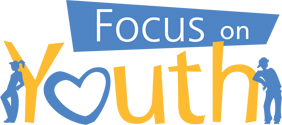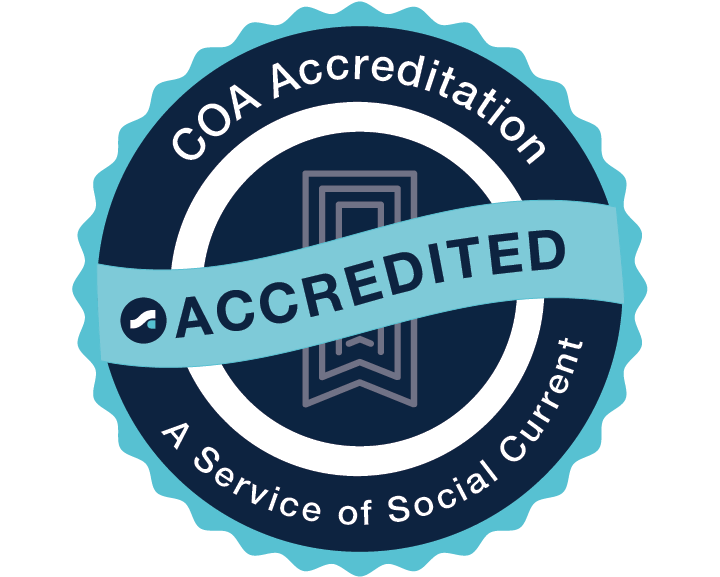What If?: Overcoming Challenges of Foster Care
What if? Foster parents know this question well. What if it’s too hard? What if we can’t handle this? Dave and Katie have fostered four children and not long after the placement of their oldest son, found themselves facing a mountain of what ifs.
He had experienced a lot of trauma is his six years of life. And, while he was adorable and sometimes very sweet, he also threw raging tantrums, ran away, and acted out in all sorts of ways. The questions swirled. What if it doesn’t get better? What if it got worse? “There was a time that we actually said no, we can’t do this,” remembers Katie. “We put in our notice for disruption just a couple of months after his placement. It was HARD.”
Yet, something made them keep trying. “As much as we were anticipating some relief after he moved on, we simply were not at peace about letting him go,” Katie explains. “I couldn’t sleep thinking about where he may go next.” They dug in. They reached out to other foster parents who could identify with where they were. And, they did the hard work to help heal wounds they feared might never heal.
“We worked with the therapist, adjusted medication, got respite, and lessened consequences at times to show him the nurturing he needed. We missed out of social events that we knew he wouldn’t handle well. We hovered over him when we were with other families and small kids. We wrote long detailed emails to teachers detailing the techniques that work for us at home. We cried and prayed with our mentors…We used the word safe more than I ever thought I would need to. We said, ‘I will love you wherever you live’ when he said he didn’t want to live with us anymore.”
Somewhere in the blur the questions started to change. What if we had missed out on this? What if we had never become a family? “It has ALL been worth it. It has been hard. We have not been perfect. We have learned a lot. He has overcome so much. We cannot imagine our life without him.”
The secret, if there is one, is in seeking out a community that specifically understands the challenges of foster care. You need a handful of people who will pray for you, show up at your house when things are at their worst, and drop whatever they’re doing to walk alongside you in the toughest moments. “If you don’t have those kinds of people, whether they are friends or family, keep looking,” Katie insists. “Invite people to dinner, go to foster parent nights out, go to the foster parent meetings until you find people that can circle around you like you need. This has been vital to our family’s success.”
She knew things were drastically different when she looked forward to him being home from school this summer. He now gets complimented for his manners, is admired by his coaches, and is an amazing big brother. They finalized his adoption in October!
She now understands that in those rocky first few months of foster care, they tried doing too much of it on their own. They needed the therapist and the Focus on Youth support. But they also very much needed the close relationships of other families in the midst of the same journey.
What’s most rewarding for Katie? Seeing the growth in all of her kids and watching them form strong attachment bonds. Love and nurturing go a long way. Good community goes further.




